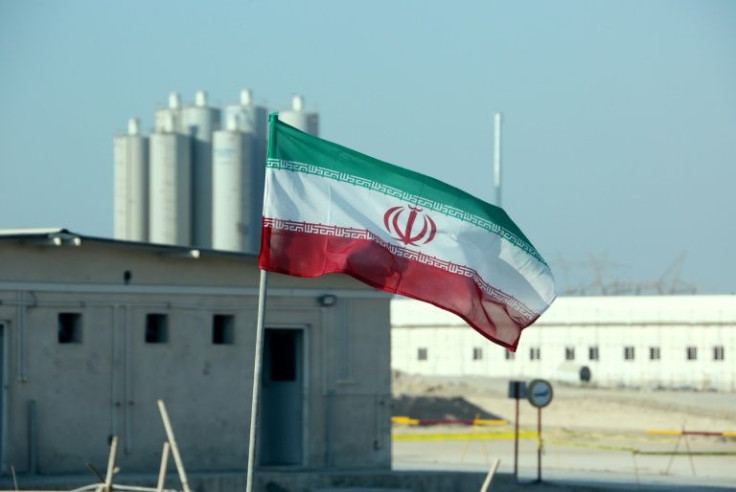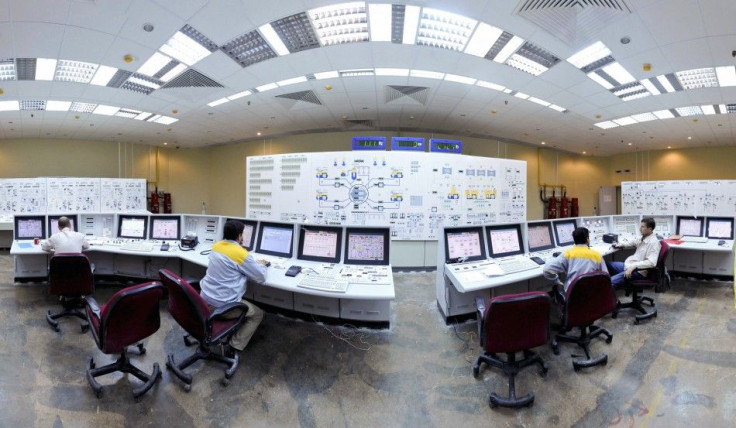Iran's Uranium Enrichment For Possible Nuclear Weapons Is Unlike 'Ever Before': Israeli General

KEY POINTS
- Israeli armed forces chief said Iran has further advanced its uranium enrichment
- Israel's Lt. Gen. Herzi Halevi claimed they have capabilities to stop Iran's nuclear program
- A national security adviser said Iran's new nuclear facility limits their capability to attack
A top Israeli general called Iran's continued progress in its nuclear weapons program unprecedented while vowing to take action to derail Tehran's nuclear ambitions.
In his speech at the Herzliya Conference, an international security forum, Israeli military chief Lt. Gen. Herzi Halevi threatened Iran with military action if it continues to develop its nuclear program.
"Iran has advanced with uranium enrichment further than ever before ... There are negative developments on the horizon that could bring about (military) action," Halevi said, Reuters reported.
"We have capabilities, and others also have capabilities," Halevi added, without detailing what action Israel could take against the Iranian nuclear program.
On Monday, the Associated Press reported that Iran was building a new underground nuclear facility in the Zagros Mountains that U.S.-made bombs could unlikely penetrate.
Satellite images and videos from Planet Labs PBC showed Iran has been digging tunnels in the mountain near the Natanz nuclear site, which has suffered many sabotage attacks.
Iran's mission to the U.N. insisted that the new underground construction is part of the country's "peaceful nuclear activities" and within the International Atomic Energy Agency (IAEA)'s standards.
Iran added the new facility would replace an above-ground centrifuge manufacturing center at Natanz, which got struck by an explosion and fire in 2020.
According to Kelsey Davenport, the director of nonproliferation policy at the Washington-based Arms Control Association, the completion of Iran's new underground facility "would be a nightmare scenario that risks igniting a new escalatory spiral."
Tzachi Hanegbi, Israeli Prime Minister Benjamin Netanyahu's national security adviser, also shared his concern regarding the new nuclear facility, saying it "limits the capacity to carry out an attack," unlike above-ground facilities.
However, Hanegbi declined the immediate threat from the new facility since it would take "years away from being completed."
Meanwhile, an Iranian lawmaker claimed that the U.S. has suggested holding talks with Iran without the presence of other countries included in the 2015 nuclear agreement.
Shahryar Haidari, an Iranian lawmaker and member of the parliament's National Security Committee, cited an unnamed source that the U.S. wanted face-to-face negotiations and got more concessions from Tehran, according to Iran International, an independent Iranian news outlet.
However, Haidari said Iran wanted the U.S. to apologize first before partaking in direct negotiations.
"Iran might restore its ties with Washington if America offers the apology," Haidari said.
The Iran nuclear agreement, formally known as the Joint Comprehensive Plan of Action (JCPOA), was forged during the Obama administration. It included countries belonging to the U.N. Security Council.
But five years ago, the U.S., under then-President Donald Trump, unilaterally withdrew from the 2015 nuclear accord after describing it as a "horrible one-sided deal."
Trump's successor, President Joe Biden, tried to resurrect the nuclear deal by negotiating with Iran, but his attempts failed after no significant progress had been made.

© Copyright IBTimes 2024. All rights reserved.






















